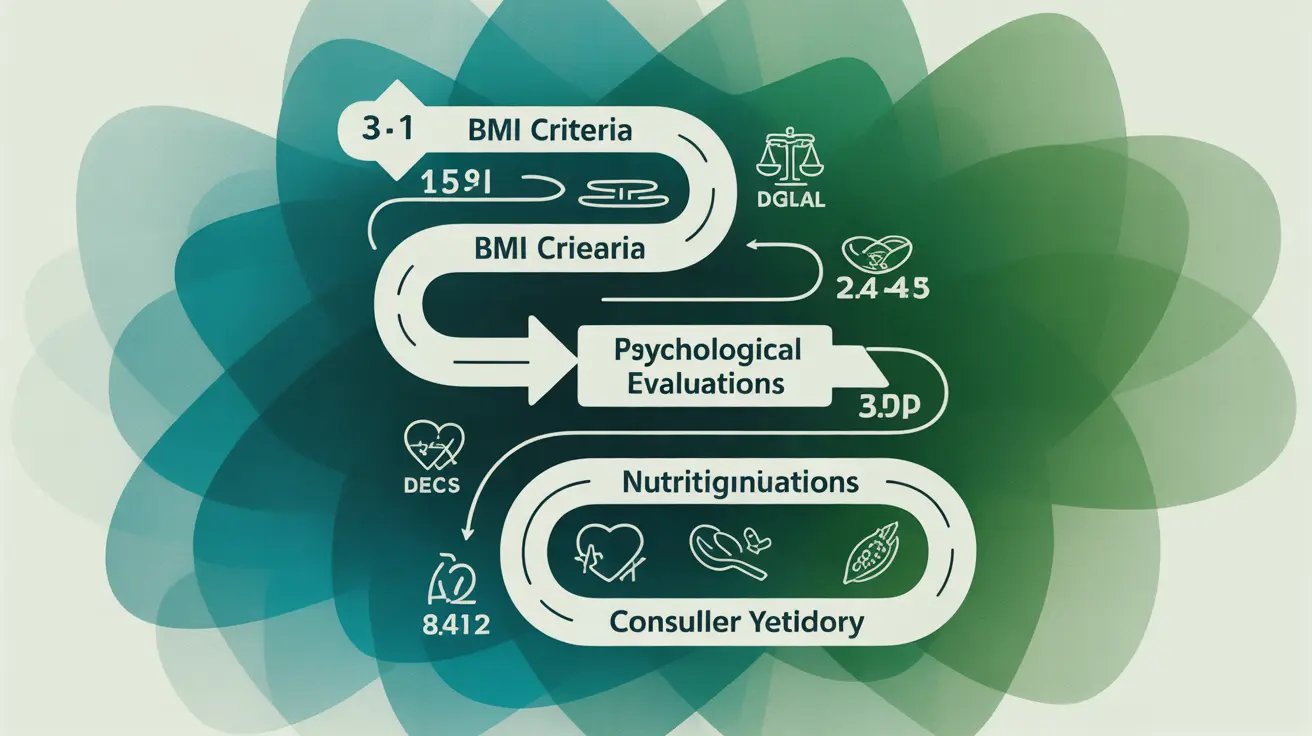Understanding whether Medicaid covers weight loss surgery can be crucial for individuals struggling with severe obesity who are considering bariatric procedures. This comprehensive guide explores the coverage criteria, qualification requirements, and important considerations for obtaining Medicaid coverage for weight loss surgery.
While Medicaid does generally cover bariatric surgery for eligible beneficiaries, the specific requirements and approval process can vary significantly by state. Let's explore the key aspects of Medicaid coverage for weight loss procedures and what you need to know before pursuing this treatment option.
Medical Requirements for Medicaid Weight Loss Surgery Coverage
To qualify for weight loss surgery under Medicaid, patients typically must meet specific medical criteria that demonstrate both the necessity of the procedure and their readiness for surgery. These requirements usually include:
- Body Mass Index (BMI) of 40 or higher, or
- BMI of 35-39.9 with at least one obesity-related health condition
- Documentation of previous unsuccessful weight loss attempts
- Proof of participation in medically supervised weight loss programs
Qualifying Health Conditions
Medicaid considers several obesity-related health conditions when evaluating coverage approval for bariatric surgery. Common qualifying conditions include:
- Type 2 diabetes
- Sleep apnea
- Heart disease
- Severe joint problems
- High blood pressure
- Other obesity-related health complications
Pre-Surgery Requirements and Evaluations
Before approving weight loss surgery coverage, Medicaid typically requires patients to complete several important evaluations and assessments:
Psychological Evaluation
A comprehensive psychological evaluation is mandatory to assess the patient's mental health status and readiness for surgery. This evaluation typically includes:
- Assessment of eating behaviors
- Evaluation of mental health conditions
- Review of coping mechanisms
- Assessment of support systems
Nutritional Consultation
Patients must typically complete nutritional counseling and demonstrate understanding of:
- Post-surgery dietary requirements
- Long-term lifestyle changes
- Vitamin and mineral supplementation
- Meal planning and portion control
State-Specific Coverage Variations
Medicaid coverage for weight loss surgery varies significantly by state. Some states have more stringent requirements, while others may offer more comprehensive coverage. Key variations include:
- Different BMI thresholds
- Varying pre-surgery program requirements
- Different waiting period lengths
- Specific approved surgical procedures
Post-Surgery Coverage Considerations
Understanding post-surgical coverage is crucial for long-term success. Medicaid coverage may include:
- Follow-up appointments
- Nutritional counseling
- Required supplements
- Complications management
- Revision surgeries if medically necessary
Frequently Asked Questions
Does Medicaid cover weight loss surgery and what medical criteria must be met to qualify?
Yes, Medicaid does cover weight loss surgery for eligible beneficiaries who meet specific medical criteria. Generally, patients must have a BMI of 40 or higher, or a BMI of 35-39.9 with qualifying obesity-related health conditions. Documentation of failed weight loss attempts and participation in supervised weight loss programs is typically required.
What obesity-related health conditions does Medicaid consider when approving bariatric surgery?
Medicaid considers several obesity-related health conditions, including type 2 diabetes, sleep apnea, heart disease, severe joint problems, high blood pressure, and other documented obesity-related complications that significantly impact health and quality of life.
Are psychological and nutritional evaluations required for Medicaid coverage of weight loss surgery?
Yes, both psychological and nutritional evaluations are mandatory requirements for Medicaid coverage of weight loss surgery. These evaluations assess mental health readiness, eating behaviors, and the patient's understanding of necessary lifestyle changes.
Does Medicaid cover post-surgery treatments such as skin removal after bariatric surgery?
Medicaid coverage for post-bariatric skin removal varies by state and is typically only covered when deemed medically necessary. Documentation of medical issues caused by excess skin, such as recurring infections or mobility problems, is usually required for coverage approval.
How do Medicaid coverage requirements for bariatric surgery vary by state?
Coverage requirements can vary significantly between states, including differences in BMI thresholds, pre-surgery program requirements, waiting periods, and approved surgical procedures. Some states may have more stringent requirements or offer more comprehensive coverage than others.




